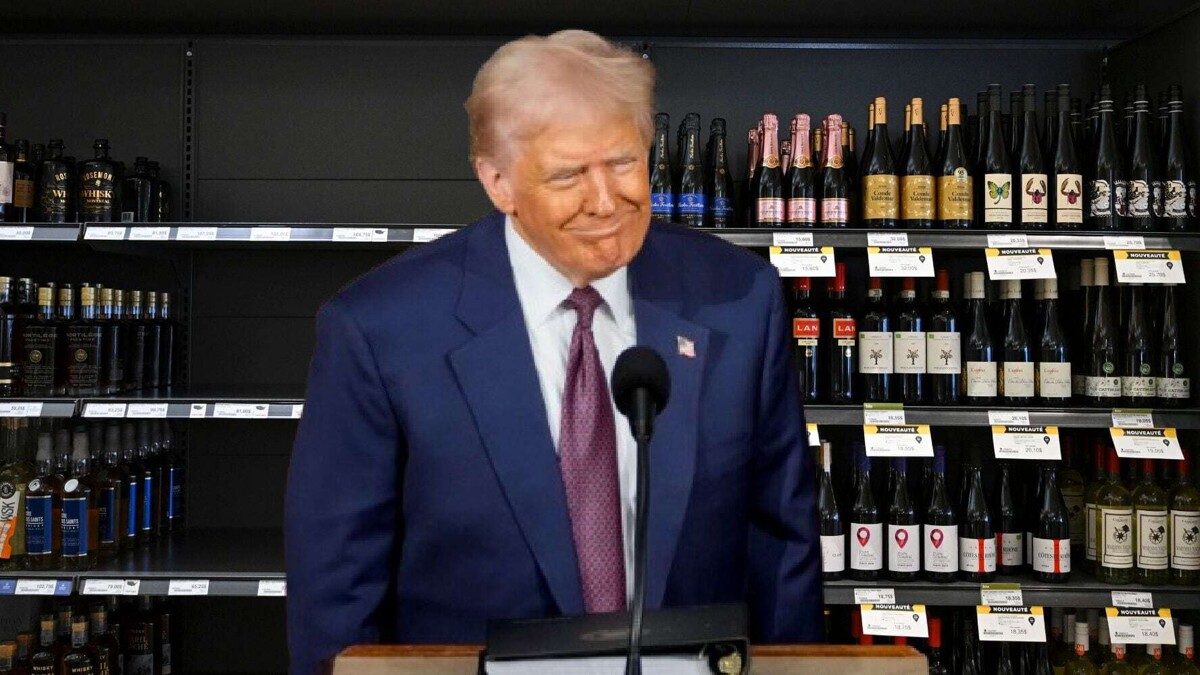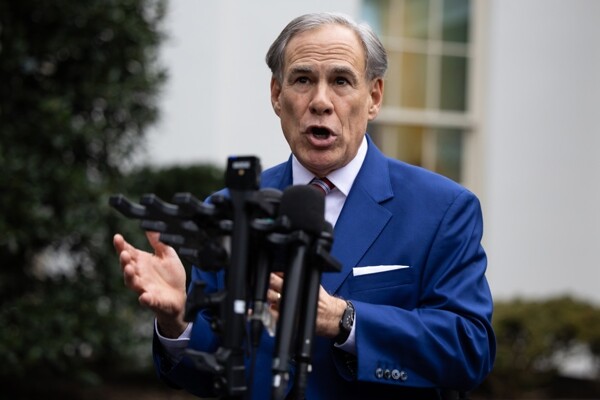
The tariffs announced by the Trump administration, as well as the threat to continue applying others starting April 2, have had a global impact by halting or postponing production and investment decisions. Despite the intention to generate a surplus in the United States' trade balance, these tariffs have proven counterproductive for the country's economy, as many American companies depend on imports for their production and face rising costs.
According to the World Trade Organization, the average tariff of the United States for industrial goods is 3.1 percent. Furthermore, Trump has sought to finance tax cuts for large corporations through tariff revenues, which represent only 1.6 percent of federal revenues. The president aims to increase industrial production in the country to 80 percent of its installed capacity to promote employment, without considering the shortages of supplies and natural resources.
In the case of Mexico, it is noteworthy that non-tariff barriers and insecurity in the country have halted investment, requiring concrete actions from the government. This environment of uncertainty has led to the first quarter of the year without new direct investment projects, which could affect the overall economy and the Mexico Plan.
Despite the negative implications of Trump's tariff policy, few people who voted for him seem to be aware of its repercussions. Additionally, the responses from other countries such as Canada and the European Union to the tariffs have generated a sense of unity and nationalism among the local population. Canada, in particular, has responded with reprisals against the tariffs announced by the United States.
Although Mexico and Canada have been subject to similar tariffs from the Trump administration, Mexico has not taken measures in response to these tariffs. This has resulted in a significant average daily export volume being subjected to the 25 percent tariff, which represents a challenge for the Mexican economy.














